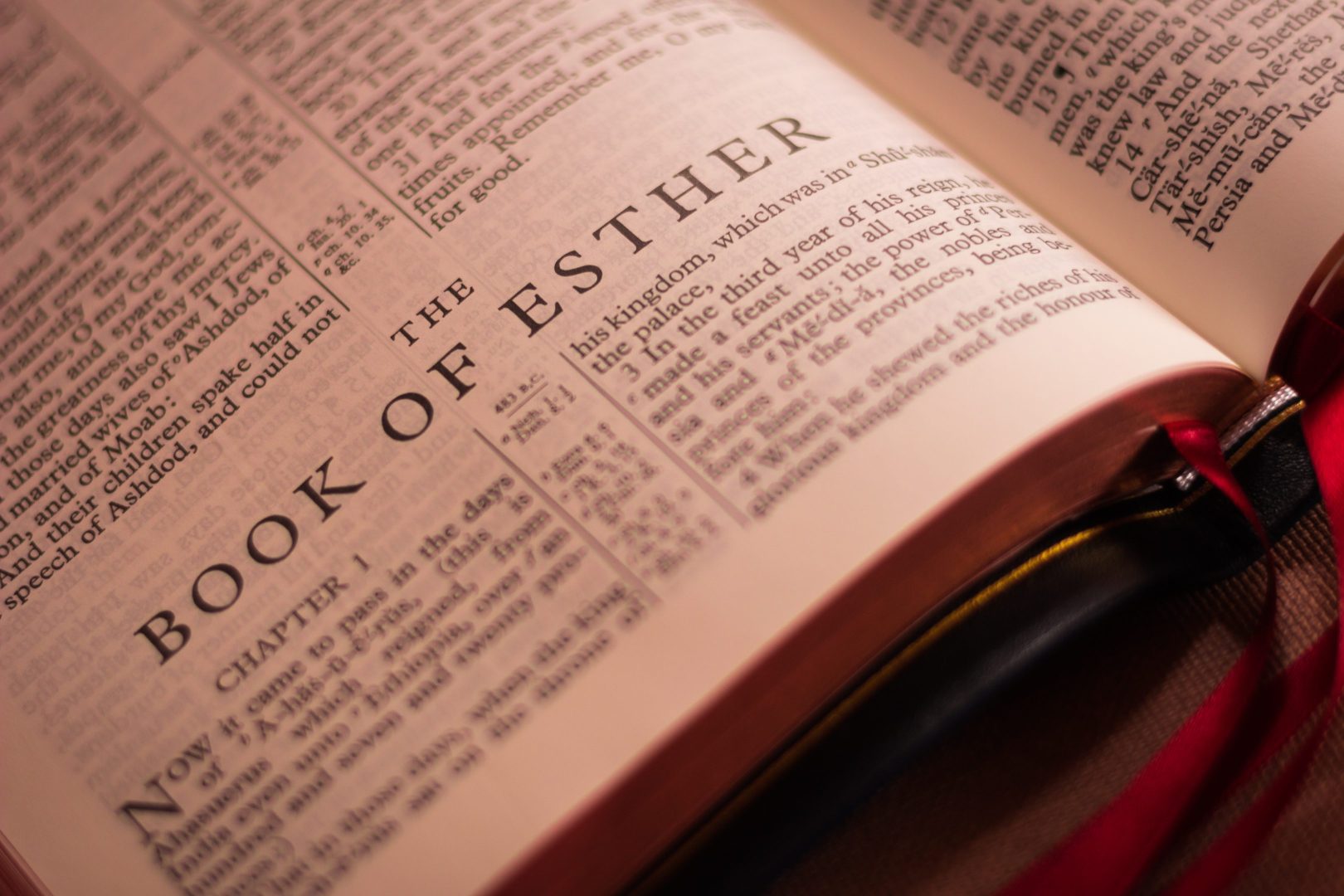


Get a free copy of Parental Rights & Education when you subscribe to our newsletter!

“Only a person who believes that the story of Esther was about Esther herself would believe that the reader should find the “Esther” within themselves…Even Esther, in all of her influence, knew that her reign was not about her. Rather, it was about God and His sovereign plan to protect and preserve His people.”
–REAGAN ESCUDÉ SCOTT
Often, when pondering the story of Queen Esther, it is common for immature Christians to idolize her as a symbol of feminism. Some in the egalitarian sect point to her as proof that women should preach. After all, God saw so much value in Esther that surely He would bless a woman behind a pulpit. This is a frequent twisting of Scripture to justify women who rebel against God’s Word, and so much is missed from the story of Esther when viewed through the lens of women’s empowerment.
Consider this quote from a well-known female Bible teacher who often preaches from the pulpit:
“There is a destiny hidden in you, and it is not your external value. It is the hidden person of your heart. That is where the Esther is in you, and that is where the Esther is in me.”
Only a person who believes that the story of Esther was about Esther herself would believe that the reader should find the “Esther” within themselves. To the contrary, the story of Esther isn’t about us — and it wasn’t about Esther either. Even Esther, in all of her influence, knew that her reign was not about her. Rather, it was about God and His sovereign plan to protect and preserve His people.
All of the events in the book of Esther lead to the end goal of rescuing the Jewish people from evil rulers, and the orchestration of these events by the hand of God is evident.
Of all the women in the kingdom the king could have chosen to replace Queen Vashti, God led him to find favor with Esther, an orphaned Jew who was living in the capital of Persia under the care of her uncle, Mordecai. Of all the high officials in the court of the king, God gave Queen Esther the courage to intervene on behalf of the Jews.
Instead of a peaceful rest, God caused the king to suffer from insomnia. Instead of attempting to sleep, the king was led by God to review royal records which exposed Mordecai’s role in thwarting an assassination plot against the king and resulted in the king finding favor with Mordecai. Instead of allowing Haman to continue with his plot to kill and plunder Mordecai and the Jewish people, God extended His wrath on him by the king’s hand.
God softened the king’s heart to Esther and Mordecai’s request to revoke Haman’s plan to kill the Jewish people. God extended abundant grace on the Jewish people by moving in the king’s heart to allow them to defend themselves against any adversaries.
All of these events were not because of Esther but because of God and His faithfulness to the covenant He made with Abraham in Genesis 17. Each event sovereignly occurred by His hand. Esther was merely the catalyst through which some of these events occurred.
Esther knew that if she came into the king’s presence to intervene on behalf of the Jewish people, she could face the death penalty. Yet her words in Esther 4:16 became her public declaration for surrendering herself to the will of God:
“…Then I will go to the king, though it is against the law, and if I perish, I perish.”
Esther’s heart posture is reflective of one who loves the Lord and would risk everything, including her life, for obedience to Him. Paul expressed a similar sentiment in his letter to the Philippians when he said, “For to me, to live is Christ and to die is gain.”
Love for God and His people more than oneself is indicative of a genuine believer. Esther was never motivated by selfish gain. She never saw herself as empowered because of her position as Queen. She simply was a humble servant of Christ who loved Him more than herself and desired to see His will be done.
As queen, Esther could have trusted in her own knowledge and wisdom to convince the king to free the Jewish people. Instead, she showed great patience and trust in God as He opened the doors for her at the right time to plead with the king for their freedom. She heeded the advice of Mordecai, her elder, who she trusted long before marrying the king.
Proverbs 3:5-6 reminds us to “trust in the Lord with all your heart, and do not lean on your own understanding. In all your ways acknowledge him, and he will make straight your paths.”
This became true for Esther as the Lord directed her paths. She waited upon Him, and He delivered. She trusted in Him, leaned on His wise and perfect plan, and found strength, courage, and peace in Him.
Esther’s selflessness, her humility, and love for God is a stark contrast to the Esther egalitarians and feminists portray. The story was never really about Esther—she was just the vessel for divine purpose through which the Lord brought His plans to completion. It’s easy to look upon Esther in awe, seeing her as someone God chose for a greater purpose, but she is no different than you and I. We shouldn’t be in awe of Esther, but in awe of God, who chose us, also, before the foundation of the world. Whether the tasks given to us by God are great or small, we should be in awe that God arranged for us to exist during this time and in this place for His divine purpose. Whether we are queens or housewives, we have been sovereignly chosen to work on His behalf, to be obedient to His will, and to glorify Him in all things — just like Esther was.
Follow Reagan on Twitter! @thereaganscott
Ready to dive deeper into the intersection of faith and policy? Head over to our Theology of Politics series page where we’ve published several long-form pieces that will help Christians navigate where their faith should direct them on political issues.
Christian conservative news and issues that matter. Curated just for you!
